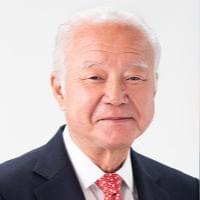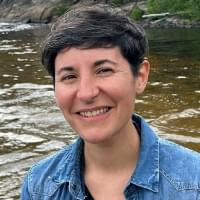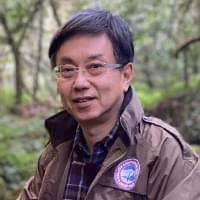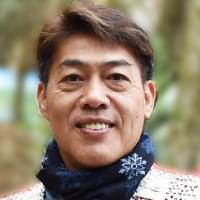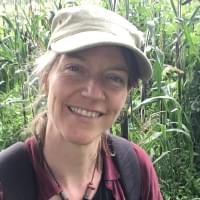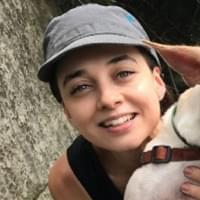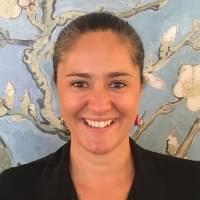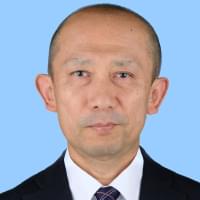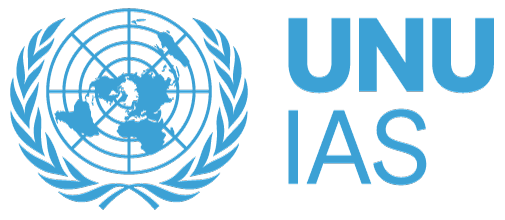ModeratorMIWA Koji, Policy Researcher, Biodiversity & Forests, IGES
Panellist
Malin JÖNSSON, Director, Fundacion Semillas de Vida, A.C., Mexico
Panellist
Silvana JURI, Research Associate, South American Institute for Resilience and Sustainability Studies (SARAS); Post-doctoral fellow, Stockholm Resilience Centre, Stockholm University
Panellist
Paulina G. KARIM, Post-doctoral researcher, Forestry and Nature Conservation Agency (FANCA); Assistant Professor, National Dong Hwa University, Taiwan
Panellist
Hwa-Ching LIN, Director General, Forestry and Nature Conservation Agency (FANCA), Ministry of Agriculture, Taiwan
Panellist
Laura PEREIRA, Professor, Global Change Institute, University of the Witwatersrand; Researcher, Stockholm Resilience Center, Stockholm University







